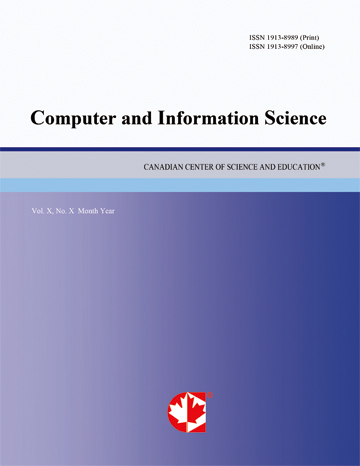A Conceptual Framework of Iranian Consumer Trust in B2C Electronic Commerce
- Fatemeh Meskaran
- Rusli Abdullah
- Masitah Ghazali
Abstract
B2C in the developing countries is not yet a normalcy as compared to the developed countries. In this paper, we attempt to improve trust of B2C in Iran. A number of hypotheses are outlined to prove the theories that could improve the trust. A set of questionnaires was designed to reflect hence test the hypotheses. Various related factors are tested in the collective Iranian culture. From the survey, it was found that recommendations by close friends and families are known as an influencing factor on reputation because of the collective culture. In addition, the type of payment is illustrated as an influencing factor on trust as well. Based on the findings, a refined model of Iran Trust Model (ITM) is derived. The model considers the antecedents and the consequences of trust in Iran. A prototype was implemented and tested, in which the prototype – in the form of an e-commerce website that was developed adhering to the model, for a number of weeks. This study examines antecedents and consequences of trust in Iran. Type of payment and reputation are known as the antecedents that related positively to trust. Trust has a negative relationship with risk and a positive relationship with attitude.
- Full Text:
 PDF
PDF
- DOI:10.5539/cis.v3n2p126
Journal Metrics
WJCI (2022): 0.636
Impact Factor 2022 (by WJCI): 0.419
h-index (January 2024): 43
i10-index (January 2024): 193
h5-index (January 2024): N/A
h5-median(January 2024): N/A
( The data was calculated based on Google Scholar Citations. Click Here to Learn More. )
Index
- BASE (Bielefeld Academic Search Engine)
- CNKI Scholar
- CrossRef
- DBLP (2008-2019)
- EuroPub Database
- Excellence in Research for Australia (ERA)
- Genamics JournalSeek
- GETIT@YALE (Yale University Library)
- Google Scholar
- Harvard Library
- Infotrieve
- Mendeley
- Open policy finder
- ResearchGate
- Scilit
- The Keepers Registry
- UCR Library
- WJCI Report
- WorldCat
Contact
- Chris LeeEditorial Assistant
- cis@ccsenet.org
